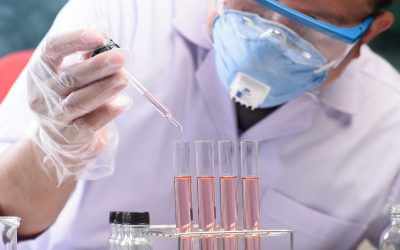Monoclonal antibody production is a process in which antibodies are produced in a laboratory setting. These antibodies are used to target specific molecules in the body, helping to identify and fight disease. Monoclonal antibodies have become an invaluable tool in the medical field, and their importance cannot be overstated.
In this article, you’ll discover why this antibody production is so important and how it has revolutionized medical treatments.
What Are Monoclonal Antibodies?
Monoclonal antibodies (mAbs) are proteins that can recognize and bind to specific targets on cells or molecules, such as hormones or toxins. This binding helps the body identify these substances, allowing it to develop appropriate responses to combat them.
mAbs are produced in the lab by cloning a single B-cell that produces an antibody with a desired specificity. This allows scientists to produce large numbers of identical antibodies, which can be used for research purposes or therapeutic purposes.
The Uses of Monoclonal Antibodies
Monoclonal antibody production has had a profound impact on medicine and healthcare, with applications ranging from diagnostics to drug development and delivery. mAbs can be used for diagnostic testing, as they can detect certain molecules in the body that may indicate the presence of diseases like cancer or HIV/AIDS.
They can also be used to deliver drugs directly to targeted cells, resulting in improved efficacy and fewer side effects than traditional drug delivery methods. Finally, mAbs have been used successfully as treatments for autoimmune diseases such as rheumatoid arthritis and multiple sclerosis, as well as for cancer therapies such as CAR-T cell therapy.
The Benefits of Monoclonal Antibody Production
Monoclonal antibody production offers many advantages over traditional treatments: increased accuracy and precision when targeting specific cells or molecules, reduced side effects due to targeted delivery, improved efficacy, faster development times, cost savings, and more reliable results due to consistent quality control measures taken during manufacturing processes.
In addition, it enables researchers to explore new avenues of research that would otherwise be difficult or impossible with traditional treatments or therapies.



